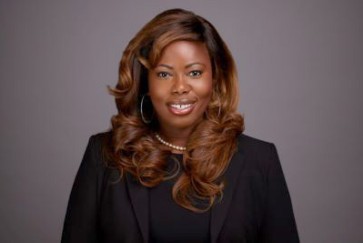Counseling and Psychological Services (CAPS) will add five new counselors this academic year, a dramatic increase to Northwestern’s primary student mental health service program amid rising need.
Three of the new positions will be housed in the Chicago campus CAPS office, where they will provide increased support for clinical services and outreach/educational programming. The other two positions will work in the Evanston CAPS office as sport psychologists, helping student-athletes and freeing up existing CAPS counselors to spend more time with other students.
“These new counselors are going to be invaluable to supporting our students on both the Chicago and Evanston campuses,” said John Dunkle, executive director at CAPS. “This is part of a plan to continue to increase services for our students.”
Julie Payne-Kirchmeier, interim vice president for Student Affairs, said this is part of a broader plan to advance mental health services at Northwestern.
“Adjustments to access protocols, online resources and additional programs are all part of our strategic approach in service to our students,” she said.
Since the 2010-2011 academic year, CAPS has seen a 65% increase in the number of students using its clinical services, mirroring a trend seen at counseling centers on campuses across the country. Over that time period, CAPS has added nine new positions, including eight in Evanston and one in Chicago.
The new Evanston staff members that will be hired this year will focus on student-athletes, in an effort to meet growing demands. Over the last five years, the student-athlete utilization rate of CAPS clinical services has surged. Last year, 40% of student-athletes used CAPS. By comparison, 19% of the overall student population used CAPS last year. The growth of the CAPS Sport Psychology program is also in alignment with the 2016 NCAA Mental Health Best Practices.
Dunkle said the trends are putting a strain on both the University’s sport psychology staff and the rest of the Evanston CAPS staff. The result has been longer waits for all students. By adding positions that will be focused on student-athletes, counselors currently serving those students will be able to spend more time meeting with other students, Dunkle said.
“It’s a win-win for our Evanston office,” he said. “This will help both the student-athletes and the general student population.”
The University will fill the five new positions this academic year.

